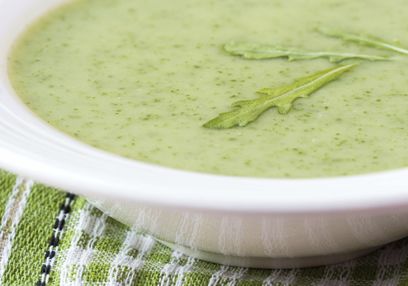This article briefly explains the intimate relationship between sleep and memory formation.
What we did know was that for memories to form the following steps needed to happen: acquisition, consolidation, and recall. Furthermore, memories are classified into fact-based (e.g. historical events); episodic (e.g. first job); procedural (e.g. learning to drive).
How sleep helps memory?
Pretend you’re learning to ride a bike for the first time again (i.e. a procedural memory). In order to do this you have to acquire the skill of balancing yourself on two wheels while propelling yourself forward on the pedals. During this process of acquisition you’re wide awake—yes? Yes. The following day you decide to try riding your bike again. To do so you have to recall the skills you acquired the day before.
Recall—the ability to access an acquired memory again in the future—is something that you also do while awake. Now, for recall to happen, consolidation must happen first. Unlike acquisition and recall, consolidation (when the memory becomes stable in the brain) is more effective when you’re asleep. No matter the type of memories, they’re better consolidated in a sleeping state; without sleep, recall is more difficult. During sleep your brain replays the activities from earlier in the day. In doing so, it physically builds new connections of nerve cells (like electrical wires that merge with one another).
One way of looking at it is that the more connections there are, the stronger a memory will be recalled. When sleep deprivation occurs, these connections don’t form and the memory is weak or forgotten. Teams of researchers have now pinpointed that during deep sleep—when slow-wave brain activity occurs—memories are formed (consolidated).
What is its role?
What’s certain about sleep is that it’s biologically vital. Not only is it necessary for basic body functioning and recovery, but it also serves a higher purpose. The information you learn by day—whether they’re the “motor skills” of a procedural task (e.g. balancing); or the names of every prime minister; or linear algebra—can be indispensable to your survival. OK, so knowing the names of the prime ministers won’t save your life…but it might win you some money on a trivia show.
But on a serious note, thousands of years ago, when hominids lived in the savannah, remembering an escape route, or an area where predators hunted probably saved the lives of those with better consolidation. Furthermore, the same applies to today’s society. When you’re sleep deprived it is more likely that your reflexes and reaction time will be slower—unfortunately, this can make all the difference between life or death…on the highway; or a job requiring careful coordination. In short, it would not be a large stretch to say that the role of sleep in memory consolidation probably evolved because it increased our chances of survival.
Does studying before going to bed is better for retention?
This is now an easy question to answer! If sleep is necessary for memory consolidation, then it is better to study before you go to sleep. This doesn’t mean that you should study all night up until two hours before a test and sleep for two hours. As I mentioned, specific phases of sleep are necessary for effective memory consolidation (think REM cycles). Study as much as you can, get a good night’s sleep and review the material again in the morning. Repetition is actually another way to enhance consolidation and recall.
What can be done to help?
Treating the root cause is important. Before asking your physician for prescription of zopiclone ask yourself what’s really affecting your sleep.
- Sleep hygiene is important. Avoid stimulants and distractions. Distractors include LED lights from the TV or clock in the bedroom, but also your phone and computer screens. These devices shine blue light that inhibits the natural production of melatonin (the sleep hormone).
- High stress can also affect sleep. If you have unfinished business, write it down—all of it—before going to bed and pick up in the morning.
- People who get up in the middle of the night to “take a pee break” may be experiencing irregular blood sugar levels (e.g. reactive hypoglycemia). Of course, if you drank a lot of water (or tea) before bed you may wake up often.
- Non-pharmaceutical options that help induce natural sleep include melatonin, 5-HTP, valerian root, chamomile, hops, passion flower and so on, but before breaking the piggy bank at the local health food store know exactly what products are good for you (in terms of dose, duration, and other specifications). To find more about your options, speak with a licensed naturopathic doctor in your area.







